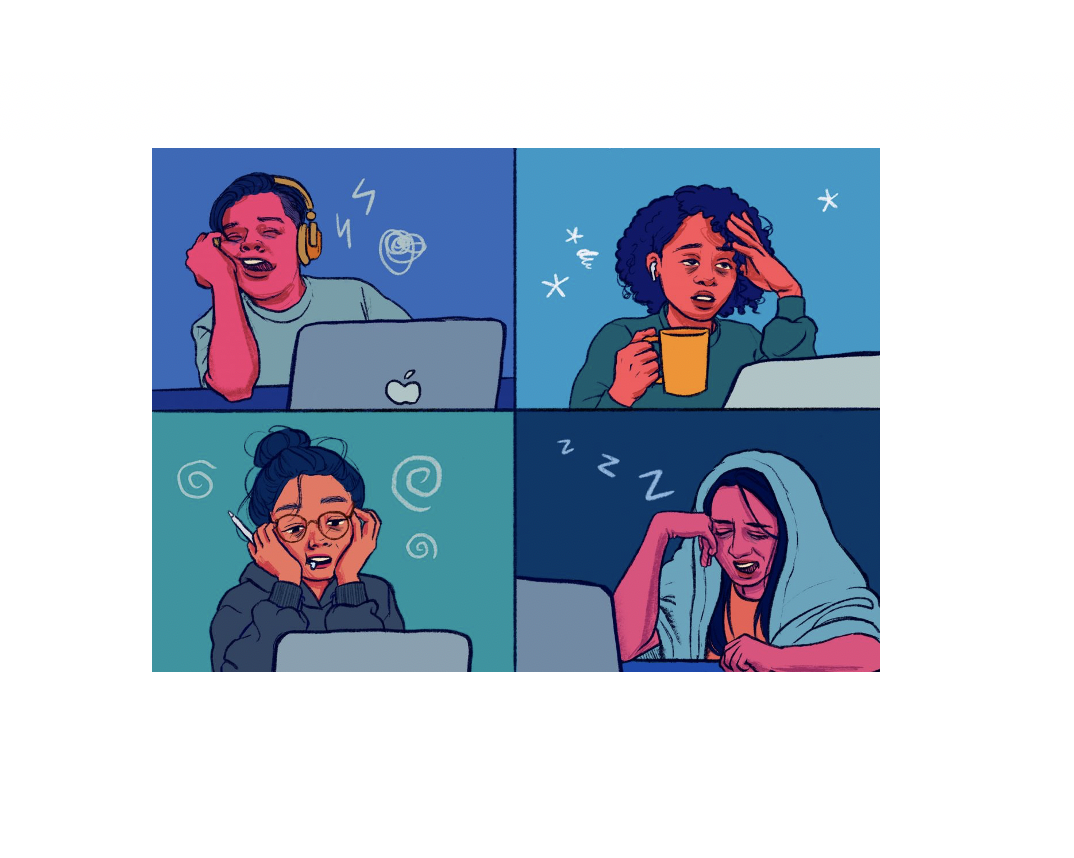After collecting feedback from both students and teaching staff about the Fall 2020 semester, the McGill administration has updated its teaching guidelines with the hopes of improving the educational experience for staff and students while continuing to operate remotely.
Last semester, to avoid over-burdening students during a global pandemic with heavily weighted assessments, professors were encouraged to assign several low-weighted assessments to their classes resulting in testing on a more frequent basis. However, many students reported feeling overworked as they were constantly being assessed.
In an email to The McGill Tribune, McGill Media Relations Officer Frédérique Mazerolle described the changes made in the new Guidelines for the Remote Teaching Context W2021 and how the McGill administration hopes these adapted guidelines will impact students and staff in Winter 2021 semester.
“We fully acknowledge that many in our community have felt overwhelmed and overworked during the Fall 2020 semester,” Mazerolle wrote. “There has been close collaboration with Faculties in their preparation of the on-going semester and special attention has been being paid to the well-being of students, faculty, and staff. This includes looking at how to adapt course workloads to help students balance learning responsibilities with their personal lives.”
Another update to assessments this semester will limit the “no review testing” method, a form of testing that prevents students from moving backwards on MyCourses quiz pages. Additionally, a new “no penalty late period” will allow for the submission for final assessments after the last day of classes, but not exceeding the end of the final exam period, without any form of penalty.
Brendon Gillon, a professor in the Department of Linguistics, discussed how he adapted his teaching style for this semester by implementing changes in everything from class interaction with students to grading schemes.
“When it comes to teaching, there have been a few small advantages and some substantial disadvantages,” Gillon said. “One important disadvantage is that [it is challenging to] interact with students personally. Another [challenge] is grading. Grading papers online takes more time, at least with the software we have. Indeed, in the large class I am about to teach, I am going to try to make as much [material] as possible machine gradable so as to lighten the work of the TAs.”
Despite experiencing setbacks, Gillion acknowledged the ways in which this unprecedented time for professors and students can be seen as an opportunity to expand his knowledge and skills as a professor.
“I have been forced to learn more about online teaching,” Gillion said. “That is good in the sense that it broadens my perspective and compels me to see new ways of doing things. If I end up finding some of these tools useful and adopting them, that will be [for] the good.”
Auston Sinclair, U3 Arts, told The McGill Tribune that online education has challenged his routine as a student.
“For me, online learning has been an exercise in building and adhering to a routine without any outside structure,” Sinclair said. “Being constantly at home has meant being entirely in control of how I spend my time, in a way that I have found more daunting than liberating.”
Despite these challenges, Sinclair says that he is hopeful the online school experience will change for the better during the Winter 2021 semester.
“I hope to regain the sense of productivity and accomplishment that I felt I was missing in the fall semester,” Sinclair said. “Hopefully, that exercise of self-control and discipline is something that I can take with me moving forward, because I now know how idle I can feel when I don’t make the effort.”









